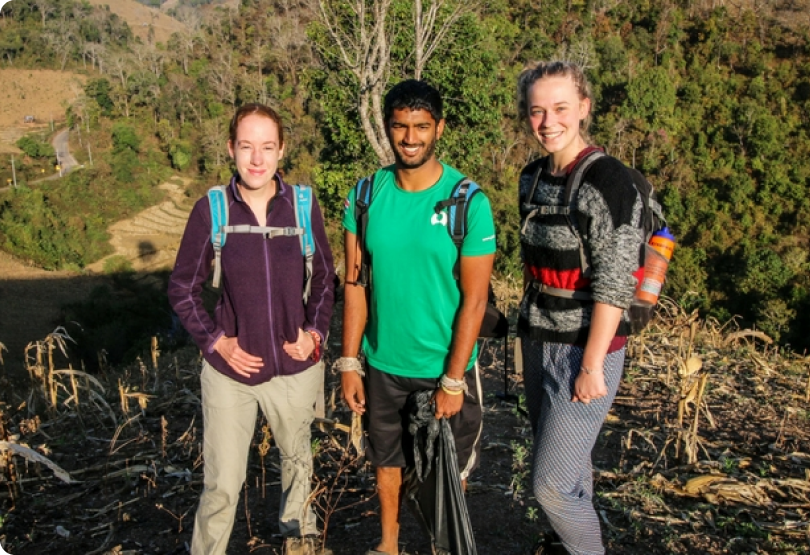Sea Turtle Conservation and Adventure Teen Volunteering in Thailand
Set off on an epic Thai adventure with fellow teen changemakers and contribute to the conservation of mangroves, coral reefs, sea turtles and other unique marine life.
Durations: 2 weeks
Book with confidence
Travel flexibility, because life happens! Modify your booking, even up to 48 hours before departure. T&Cs apply.
Program information
Thailand is calling! Chase wild adventures alongside teens from all over the world. Immerse yourself in Thai culture and contribute to ethical sea turtle and coastal conservation projects.
This thrilling program will take you from sand to sea, as you help conserve turtle nesting beaches and underwater seagrass meadows. You’ll also get the chance to connect with the local community, gaining a deeper understanding of Thailand’s history, customs and culture.
Grants available for up to GBP10,000!
Get a GVI Foundation Grant of up to 80% on conservation programs. Everyone is invited to apply by 31 Jul.
Book with confidence
Travel flexibility, because life happens! Modify your booking, even up to 48 hours before departure. T&Cs apply.
Connect with our alumni
Want to connect with some of our past participants about their adventures? Get in touch with hundreds of friendly ambassadors all over the world who would be more than happy to answer any questions.
Connect with us
Join our Virtual Open Day!
































